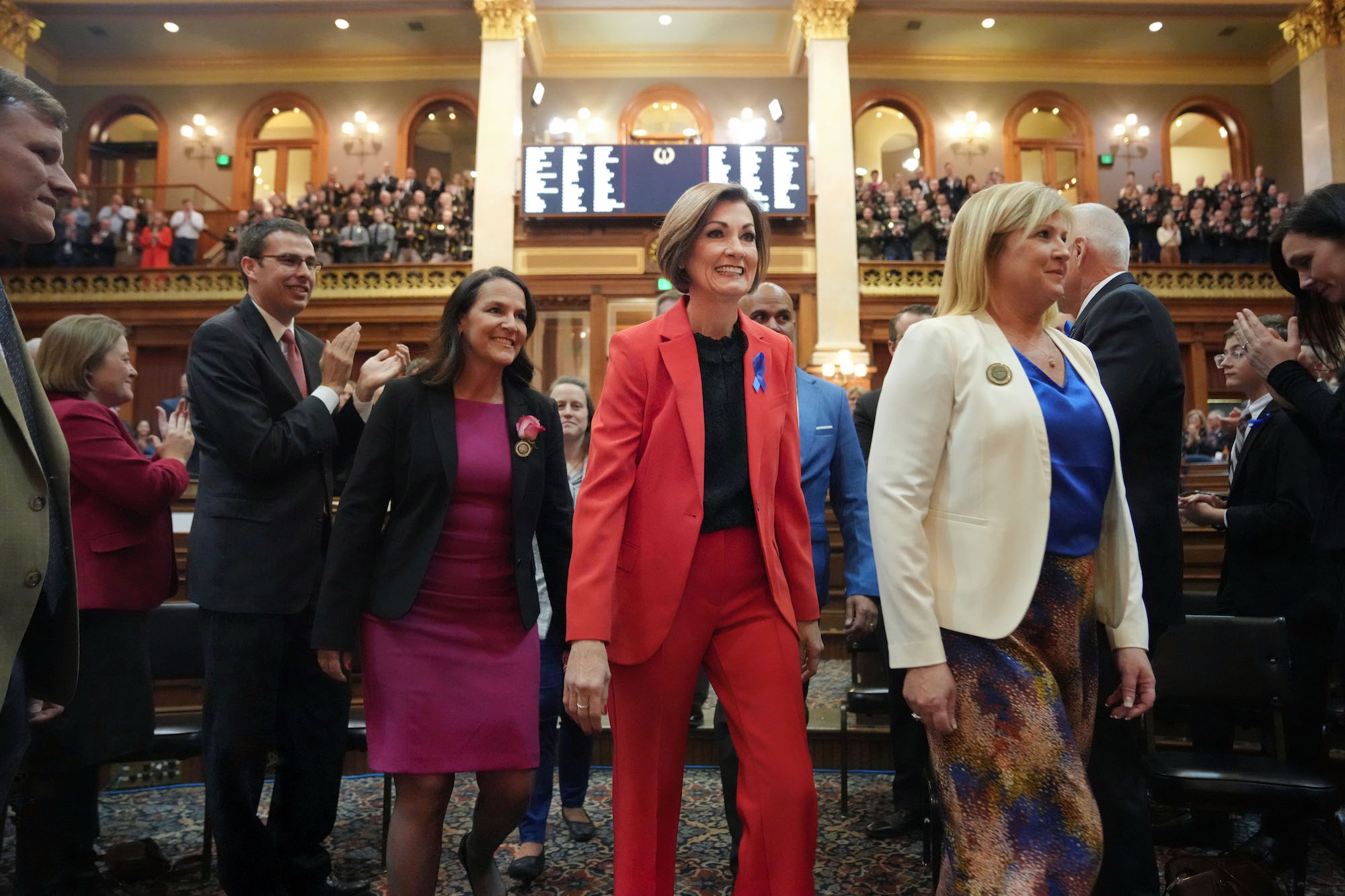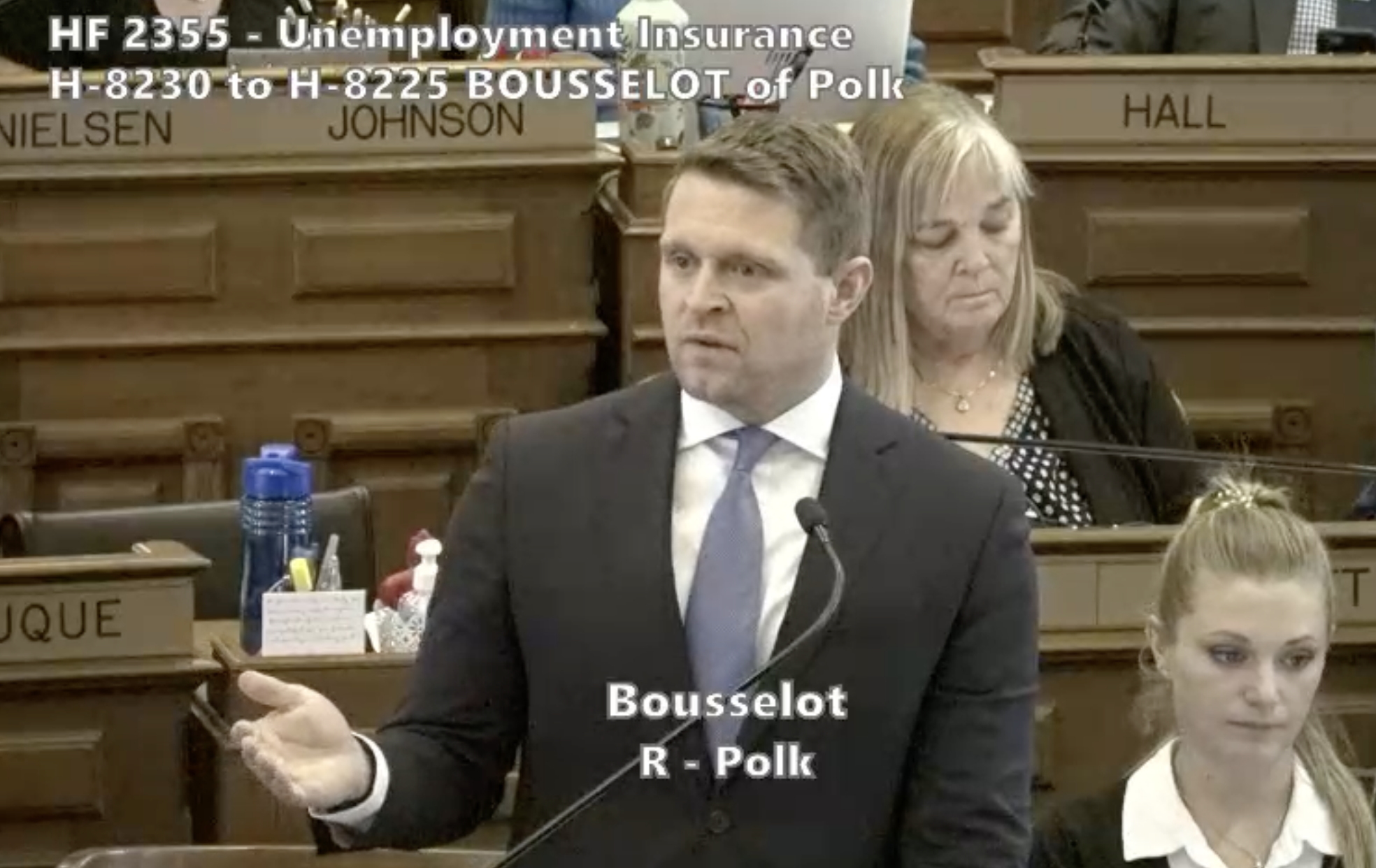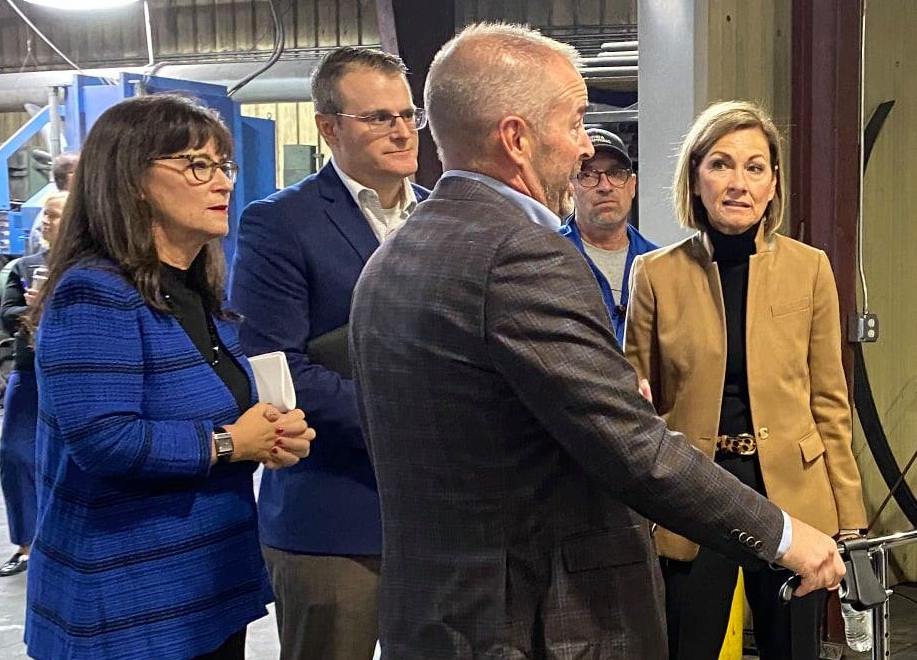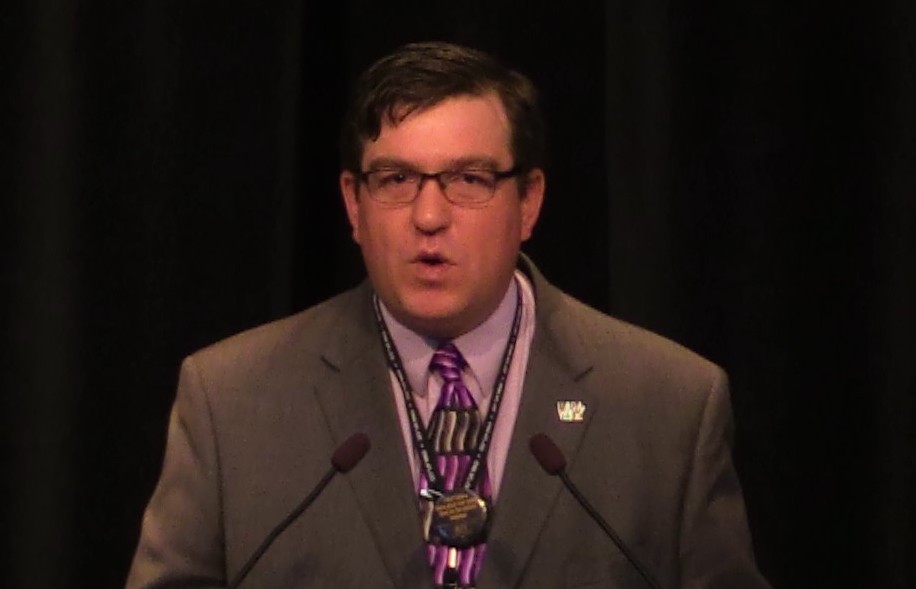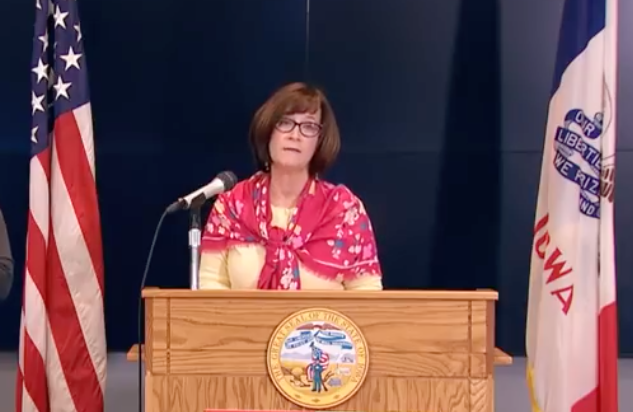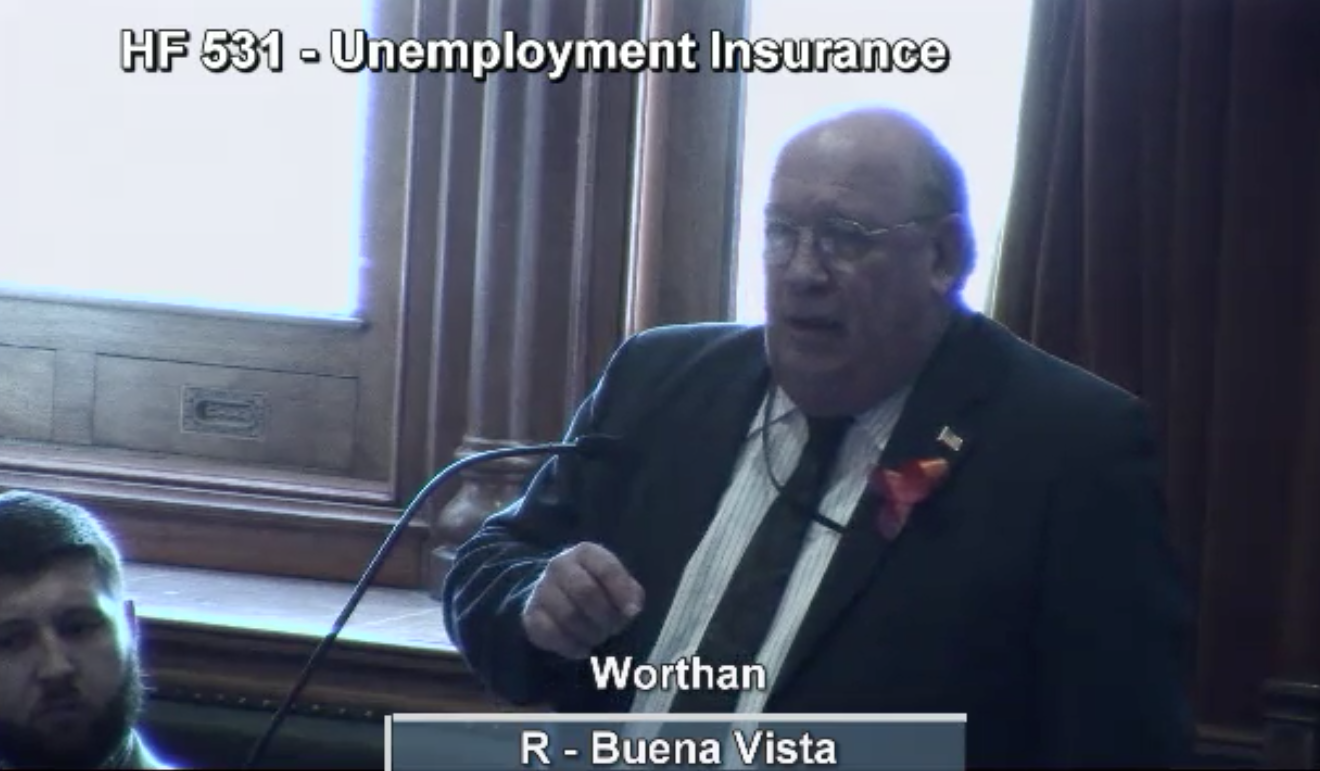Iowa Workforce Development officials can move ahead with closing 37 36 of the agency’s 55 field offices around Iowa, thanks to a line-item veto by Governor Terry Branstad. State lawmakers included language in the economic development appropriations bill to require Iowa Workforce Development to maintain its current number of field offices through the 2012 fiscal year. However, Branstad rejected that provision yesterday:
“This item would prohibit Iowa Workforce Development from putting forth an enhanced delivery system that broadens access to Iowans across the state in fiscal year 2012,” Branstad said. “In order to develop a sustainable delivery system in light of continually fluctuating federal funding, the department must put forth a system that embraces the use of technology while providing enhanced benefits through maximum efficiencies.”
Branstad said Iowa Workforce Development has more than 190 “virtual access point workstations” in over 60 new locations throughout the state to increase access to these critica services. He says Iowans are already using the expanded hours of operation, six days a week.
“At my direction, IWD will have hundreds of additional virtual access points by the end of fiscal year 2012,” he said.
I doubt many unemployed Iowans would consider a computer terminal “enhanced” access, compared to an office staffed by a real person explaining the available services.
Controversy over shutting down these offices nearly derailed the Iowa Senate confirmation of Teresa Wahlert. Opposition from lawmakers of both parties didn’t persuade her, although two of the 39 field offices originally targeted will be spared. Iowa Workforce Development started closing some of its field offices even before legislators had adopted a final budget. In early July, the agency laid off 13 employees as part of the planned reorganization. Iowa Workforce Development Communications Coordinator Katie Hommer communications director was unable to tell me today when the agency will finish shutting down the offices slated for closure. She said staff are still going through the signed budget, which they only just received.
Hommer also did not know whether enough funds were provided for the agency to keep open its New Iowan Centers, which offer specialized services for recent immigrants. Those centers are currently located in Muscatine, Ottumwa, Marshalltown, Mt. Pleasant, Iowa City, Des Moines, Sioux City, Storm Lake, Council Bluffs, Mason City and Denison.
On a related note, Branstad’s love for streamlining government doesn’t extend to the U.S. Postal Service, which may close as many as 178 Iowa post offices. The downsizing is part of a plan to eliminate 3,700 of nearly 32,000 post offices nationwide. Branstad has repeatedly criticized plans to eliminate rural Iowa post offices, and yesterday he told Radio Iowa that the postal service is not using “common sense.” He wants the independent federal agency to explore alternatives to closing offices that small-town residents rely on.
Conservatives talk a good game about running government like a business, but a private business with declining revenues could never afford to operate retail outlets in as many locations as the U.S. Postal Service. The independent agency gets almost all of its revenues from postal fees (not federal budget allocations). As Americans send fewer paper letters and documents, postal service revenues have declined.
Branstad and his wife own 12 Iowa buildings that are leased to the U.S. Postal Service. So far only one of those, in Lohrville, is on the list of post offices to be closed.
UPDATE: Iowa House and Senate Democrats will reach out to Republicans to convene a special legislative session “with the sole purpose of overriding Governor Branstad’s line-item vetoes of legislation prohibiting the closure of the [Iowa Workforce Development] offices.” Details are in a press release I’ve posted after the jump. That document lists all the towns that would lose Iowa Workforce Development offices, as well as the county unemployment rate in each area.
SECOND UPDATE: Sounds like Republicans are not game for a special session to deal with this narrow issue. I’ve added Iowa Senate Minority Leader Paul McKinley’s statement below.
THIRD UPDATE: Only 36 field offices will be closed, because federal funding came through to keep the Webster City office open. The closure of the Electrolux factory has been a particular hardship for Iowans in the local area. After the jump I’ve posted an Iowa Workforce Development press release, which lists all the cities and towns that will have the “regional integrated one-stop offices,” as well as all the localities that will lose their field offices.
Meanwhile, Iowa House and Senate Democrats formally called for a special session on July 29. Republicans are not interested. Expect these office closures to become a campaign issue in a bunch of statehouse races next year. The Golden Dome Blog found a video of Lieutenant Governor Kim Reynolds praising a “phenomenal” and “user friendly” workforce development office during last year’s gubernatorial campaign.
Democratic State Representative Dave Jacoby serves on the Iowa Workforce Development Board and is angry that board didn’t get to weigh in on whether these field offices should be closed.
Continue Reading...




